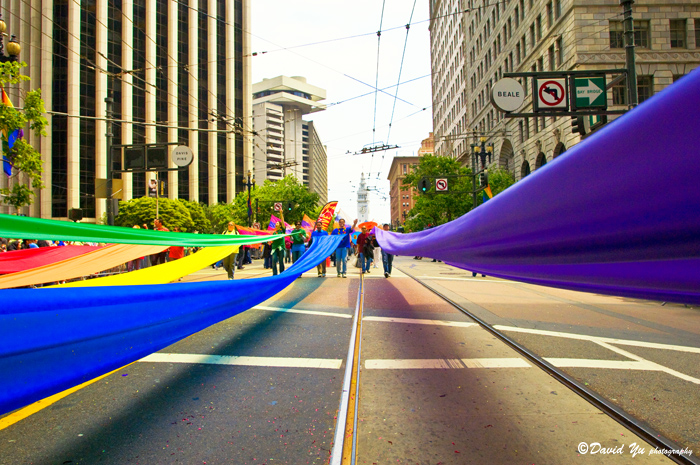What is networking exactly? Basically, it is interacting with people to gain contacts and develop relationships to further ones career. Little casual conversations to further your understanding about different fields and what exactly a career entails. Networking is so important because, yes an education can get you very far but it is your social skills and personal relationships that take you to these places. The more people you know, the more opportunities you have. Everyone is out there to help you, not hurt you (most of the time). Seeing a familiar face when walking into a completely foreign place is the most comforting feeling in the world and you get that from Networking. So, here are some tips on networking that I learned at Siena’s Mock Tail Networking Event on November 4th, 2014.
- Be yourself! Who else is better than you? You know your skills, your flaws, your strengths and your weaknesses. Take a deep breath and speak from your own experiences. You never know what commonalities you might have with someone.
- Smile! The friendlier a person looks the easier they are to approach. Make yourself look approachable and wear that smile. When you’re speaking to someone, smile and look interested in what they are saying.
- Be interested in the other person. This is a big one. Everyone LOVES talking about themselves. Everyone. And in these situations, it will benefit you to pretend to care even the slightest bit. The person talking will appreciate that you are listening to them and are attentive to their story; and hopefully when you tell your story they will be just as attentive.
- Your Elevator Speech. An elevator speech is a quick summary that quickly and simply defines yourself or your organization. You want to make sure you tell them your name, your major, the school you attend(ed), any experiences you have had, let it be an internship or volunteer work in your field, and perhaps what you plan to do with your degree in a non-begging-them-to-give-you-a-job way. You want to briefly inform them of the things that would set you apart from everyone else. Don’t tell them every single thing about yourself, but definitely let them get to know you a little.
- It’s okay to disengage. Ending these conversations can be very awkward and uncomfortable if you let them be. But you control it. Simply say, “it was very nice meeting you, perhaps we could exchange business cards?” If they seem interested in you and you get their information, follow up within the next 24 hours to ensure they will remember who you are. Finally, always, always thank them for their time. They just took time out of their day to further your career (hopefully). So let them know how much you appreciate their advice or simply, time.
If you’re still not sold on the importance of networking here is a little story about a woman we all know so well from her email blasts, Cwinkler, our very own Courtney Winkler:
Courtney went to Syracuse to study Art History, a fellow Liberal Arts student, graduated with a degree in Art History. After her experiences in various fields she finally figured out that she wanted to work where she could work closely with people and harbor relationships. “My liberal arts education allowed for me to strengthen my critical thinking and writing skills, gave me a background in a variety of subjects, and developed an awareness of others and different social situations, which ultimately helped make me into a well-rounded and thoughtful person.”
Siena has always been a place very close to her heart; her grandfather graduated from here, her parents met here, her sister and her husband met here as well, so when she found out they were hiring she was ecstatic. Long story short, her boyfriend, who is an attorney at a firm with a large amount of Siena alumni, had a friend pass along her resume to several members of the college. While this did not guarantee her job, it did put her foot in the door. (This is networking at its finest) The story ends with Courtney getting the job as our very own Career Center Assistant. If it weren’t Courtney’s boyfriend’s friend, maybe she wouldn’t have scored this job. Its all about your connections. “This highlights what I love most about Siena: there is a familial bond between everyone in the community, and everyone is willing to help out a fellow Saint,” Courtney raved.
Don’t burn your bridges cause you never know what the future holds.

